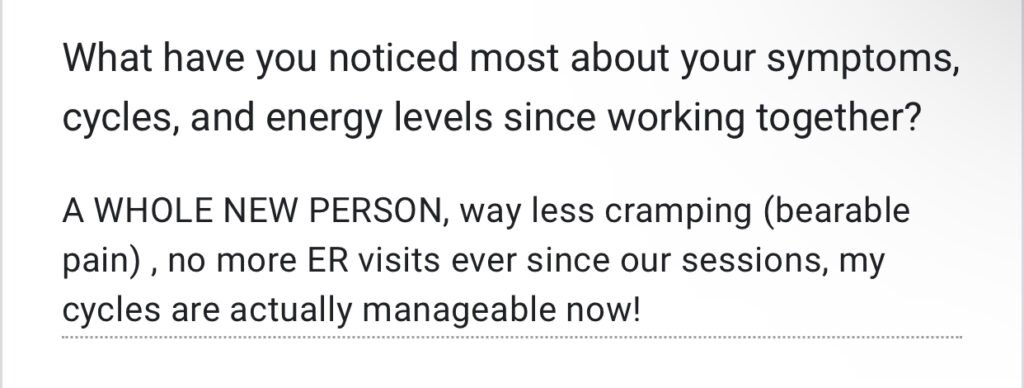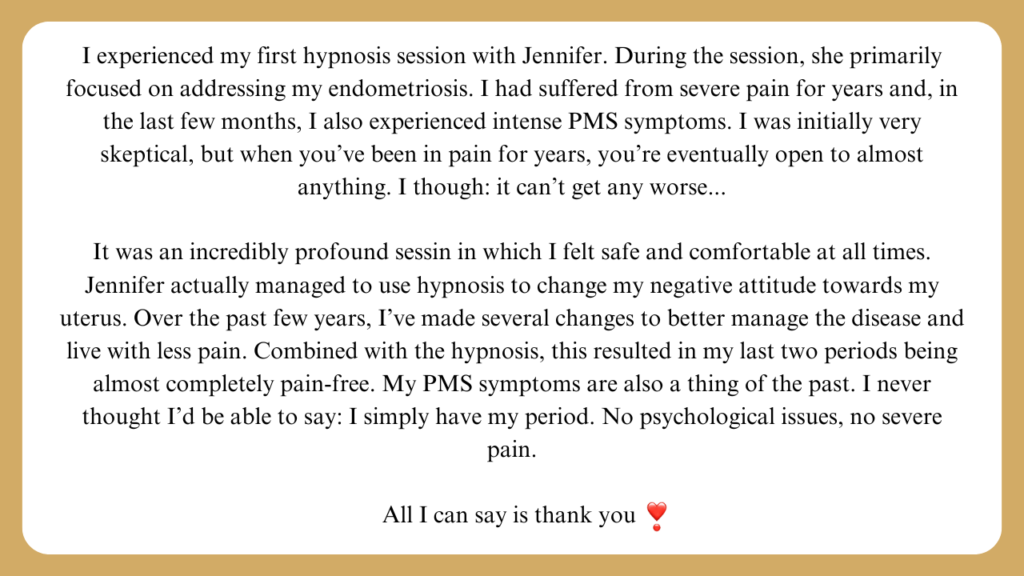For centuries, healing was treated as a physical pursuit. But today, science is catching up to what many healers, shamans, and somatic practitioners have long known: the body holds emotions, and those emotions—especially unresolved ones—can become illness.
This article explores the scientific evidence supporting the emotional root causes of disease, especially in the context of endometriosis, chronic pain, and autoimmune disorders. Drawing from neuroscience, psychoneuroimmunology, trauma research, and psychosomatic medicine, it offers a powerful argument for integrating emotional healing into physical treatment plans.
Emotions as Physiology: Not Just a Feeling
Candace Pert, a neuroscientist and pharmacologist, famously said, “Emotions are the nexus between mind and matter” (Pert 1997). Her research revealed that emotions are not abstract experiences—they are biochemical signals. According to her, these signals bind to receptors in our bodies, influencing how we function at the cellular level. In other words: every emotion leaves a physical imprint.
This idea is echoed in trauma research. As Bessel van der Kolk states in The Body Keeps the Score, trauma that is not fully processed gets lodged in the nervous system and body, showing up later as chronic pain, autoimmune disorders, or gynecological conditions like endometriosis (van der Kolk 2014).
Chronic Stress and Disease: The Biology of Suppression
Dr. Gabor Maté, in When the Body Says No, outlines how long-term emotional suppression and stress are directly linked to disease development. According to Maté, many people who develop chronic illnesses have histories of people-pleasing, emotional repression, or unresolved childhood trauma. “You can either learn to express your emotions, or your body will express them for you,” he says (Maté 2011).
From a biological standpoint, chronic stress leads to dysregulation of the HPA axis (the body’s stress response system). Over time, this dysregulation triggers inflammation, immune system dysfunction, and hormonal imbalance—all factors commonly found in diseases like endometriosis (Chrousos 2009).
Scientific Evidence: Linking Emotion and Illness
Several studies and meta-analyses now affirm the mind-body connection in chronic conditions:
- A study by Marki et al. (2021) found that women with endometriosis who had high psychological stress experienced more intense pain and disease progression.
- Faramarzi et al. (2013) conducted a clinical trial showing that women who underwent psychotherapy targeting trauma experienced significant pain reduction and improved quality of life.
- Jensen et al. (2015) demonstrated that self-hypnosis and cognitive behavioral therapy significantly reduced pain symptoms in patients with chronic illness.
- Montgomery et al. (2007) found that surgical patients who received hypnosis experienced less post-operative pain, fatigue, and emotional distress.
This growing body of research confirms that emotional healing methods—such as hypnosis, somatic therapy, expressive writing, or psychotherapy—can lead to measurable physical improvements.
The Case of Endometriosis: More Than Hormones
In my own PhD study, I explored how releasing emotional trauma through hypnosis and related techniques helped women with endometriosis significantly reduce symptoms as well as the intensity of their pain. All of them also improved their emotional well-being. The emotional root causes uncovered included sexual trauma, generational trauma, and rejection of the feminine.
One participant noted: “I’ve reconnected with my womb. I feel more in tune with my feminine energy.”
Another described how, after addressing her trauma through subconscious work, she no longer needed to go to the ER because of pain.


Both images are excerpts of the survey I asked my participants.
Why This Matters
Ignoring the emotional root cause of disease means ignoring one of the most powerful drivers of health. If you are only treating symptoms but not the stress, trauma, or emotional pattern beneath them, healing will be partial at best.
Science now backs what ancient wisdom always knew: healing happens when we become whole.
If you suffer from endometriosis and want to reduce your pain and symptoms or even completely eradicate them, book your sessions here.

Works Cited
Chrousos, G.P. (2009). Stress and disorders of the stress system. Nature Reviews Endocrinology.
Faramarzi, M., et al. (2013). “A randomized controlled trial of psychotherapy for reducing pain and improving the quality of life in women with endometriosis.”
Jensen, M. P., et al. (2015). “Hypnosis for chronic pain management: A new hope.” International Journal of Clinical and Experimental Hypnosis.
Marki, G., et al. (2021). “Psychological distress and symptom severity in endometriosis: A systematic review.”
Maté, G. (2011). When the Body Says No: The Cost of Hidden Stress. Vintage Canada.
Montgomery, G.H., et al. (2007). “A randomized clinical trial of a brief hypnosis intervention to control side effects in breast surgery patients.” Journal of the National Cancer Institute.
Pert, C. (1997). Molecules of Emotion: The Science Behind Mind-Body Medicine. Scribner.
van der Kolk, B. (2014). The Body Keeps the Score: Brain, Mind, and Body in the Healing of Trauma. Viking.

Comments
One response to “The Science Behind the Emotional Root Cause of Disease and Illness”
[…] showing that psychological factors can significantly impact physical health. 1 The Science Behind the Emotional Root Cause of Disease and Illness – Mind Your SubconsciousHolistic Healing: Integrating emotional healing into physical treatment plans can lead to more […]